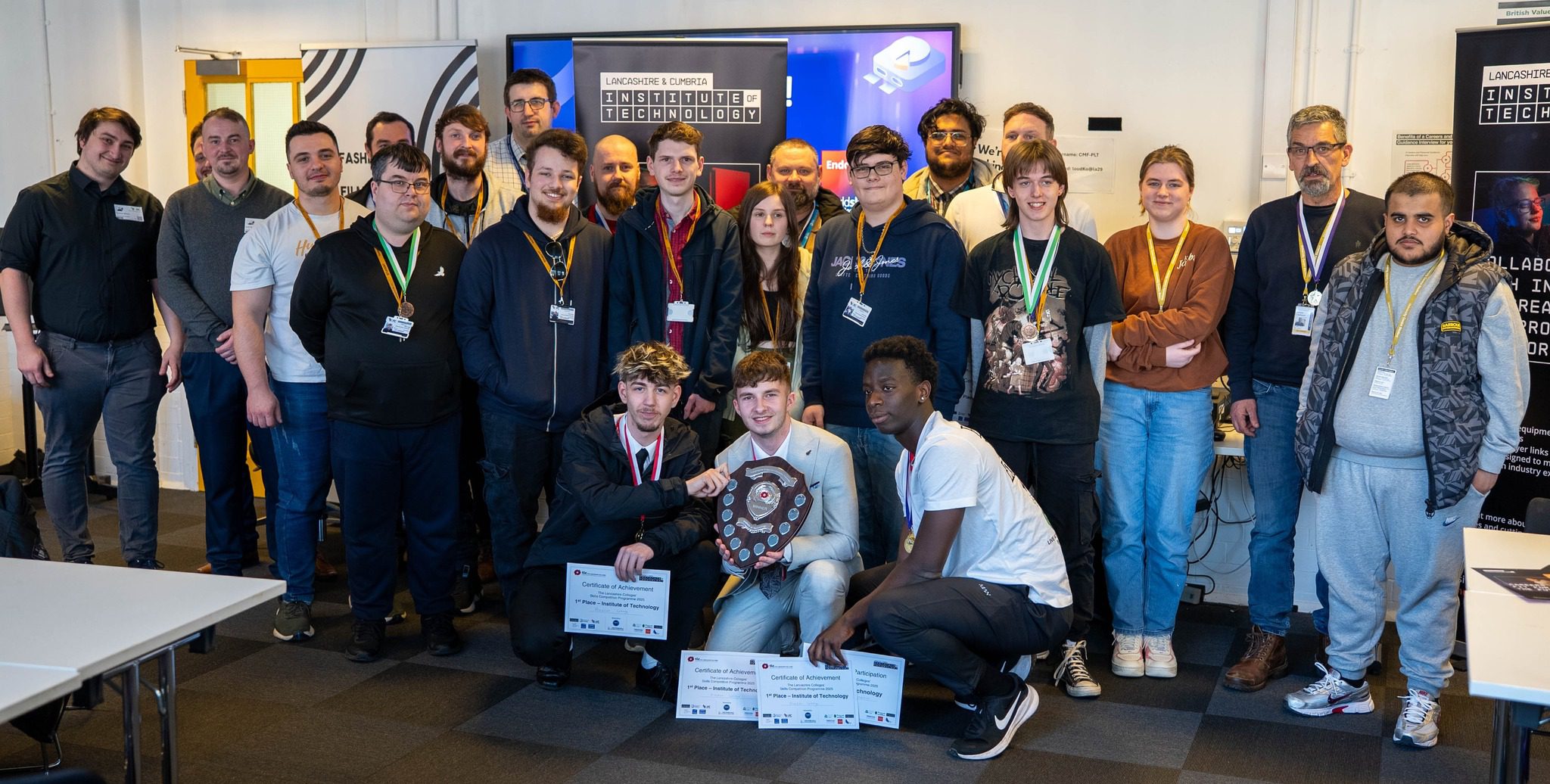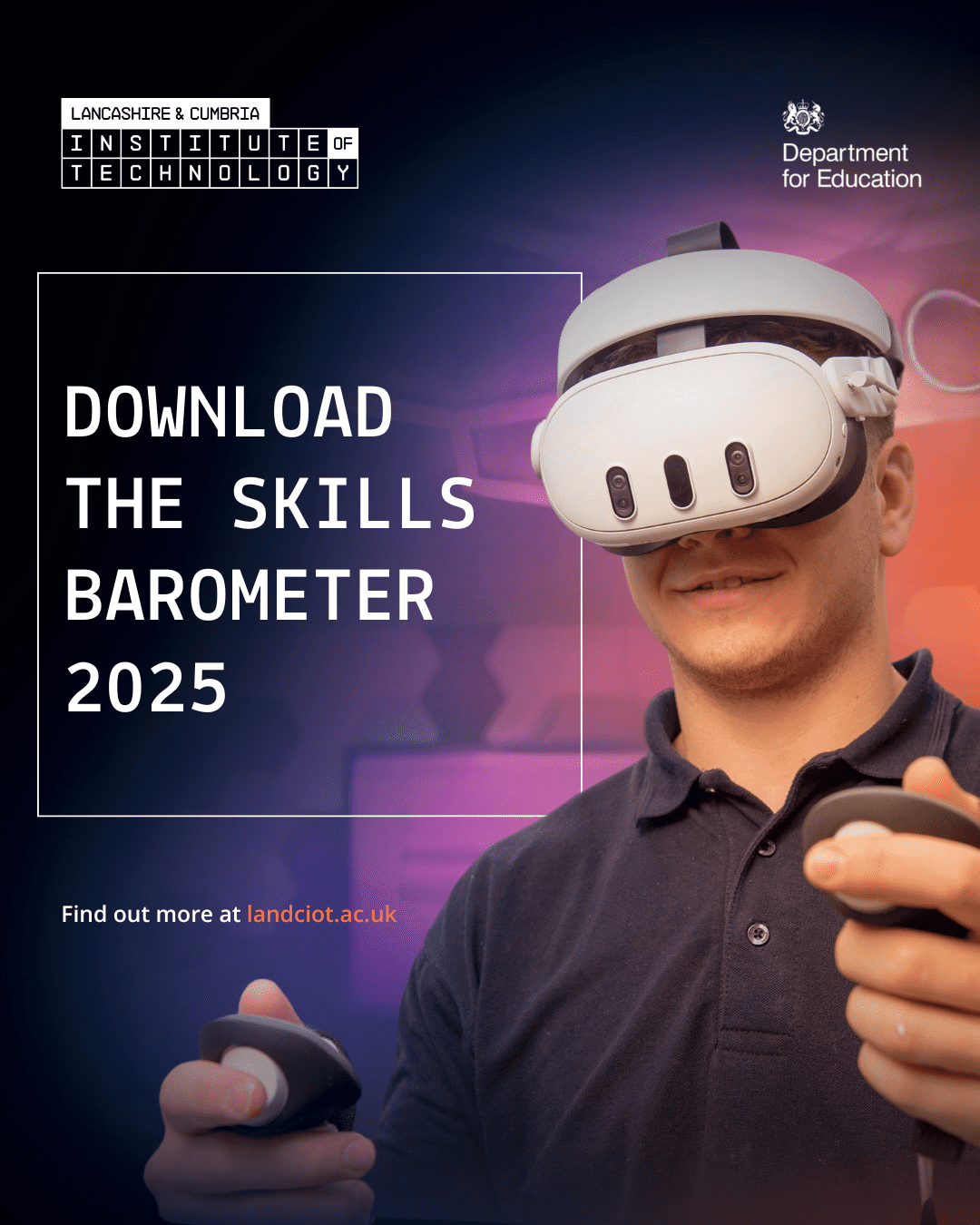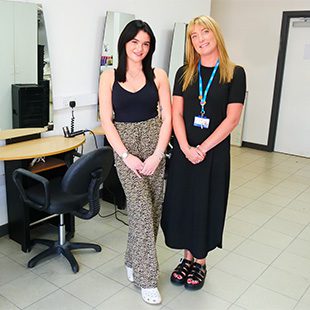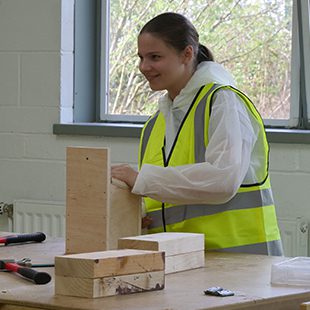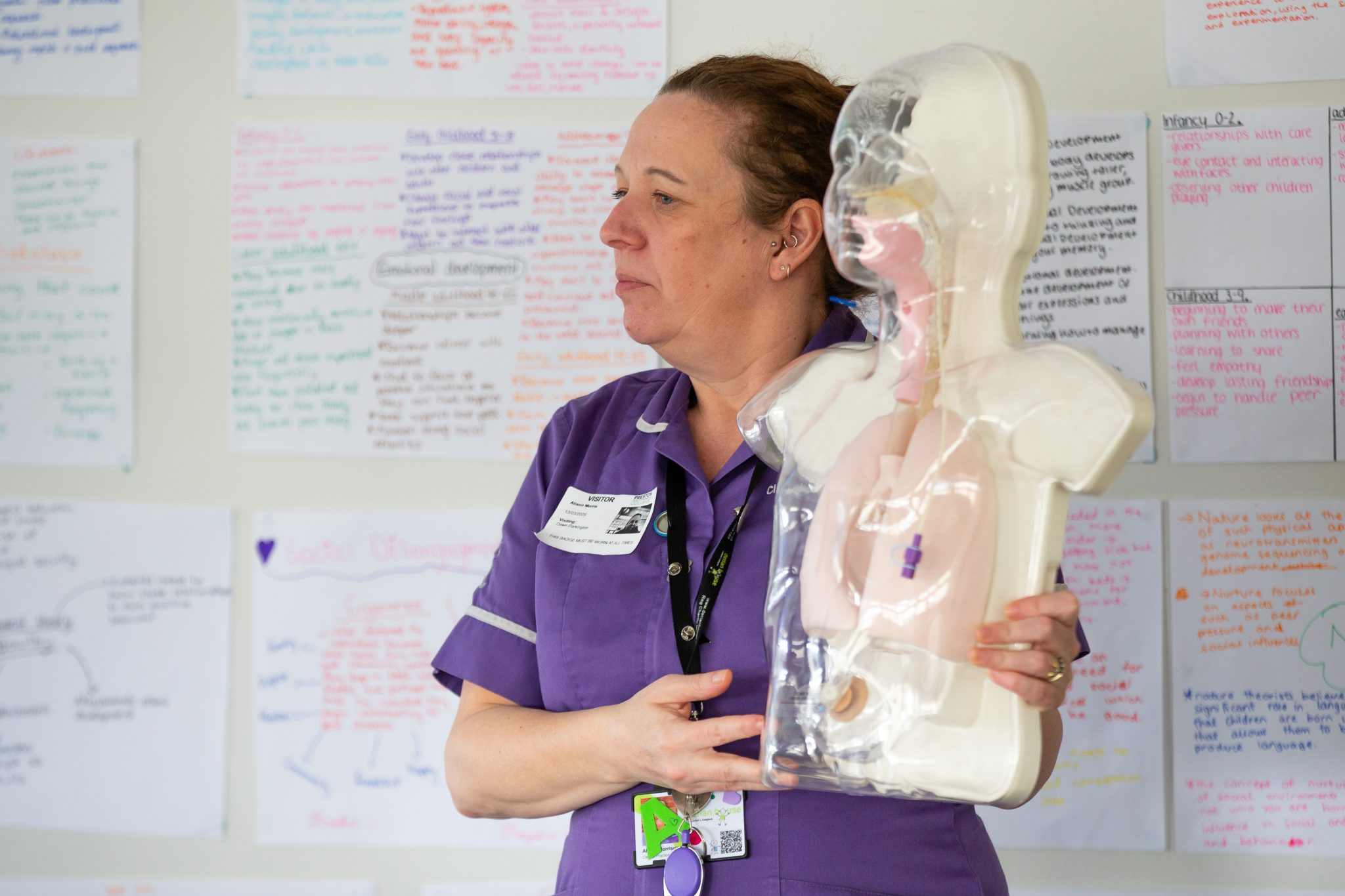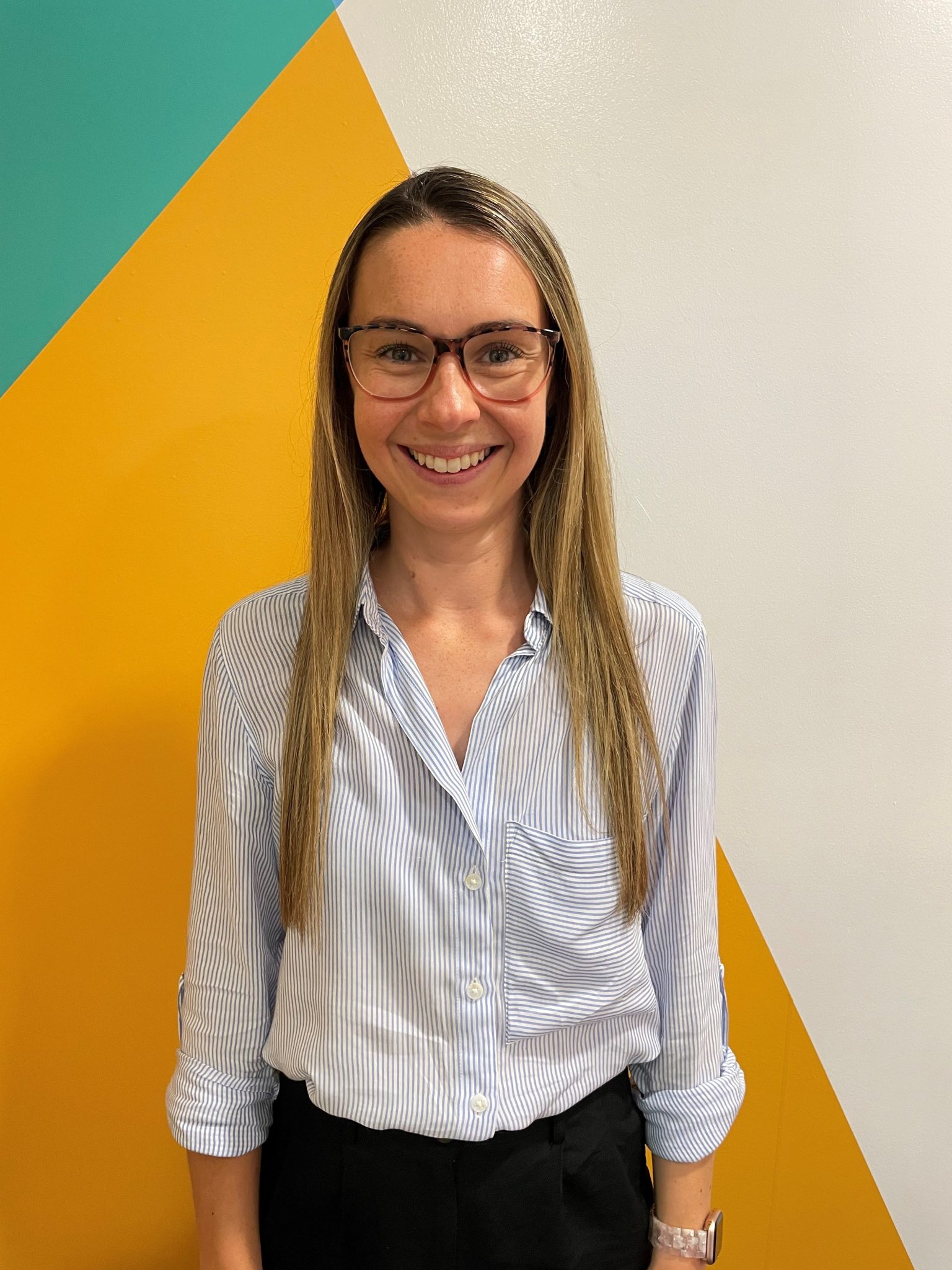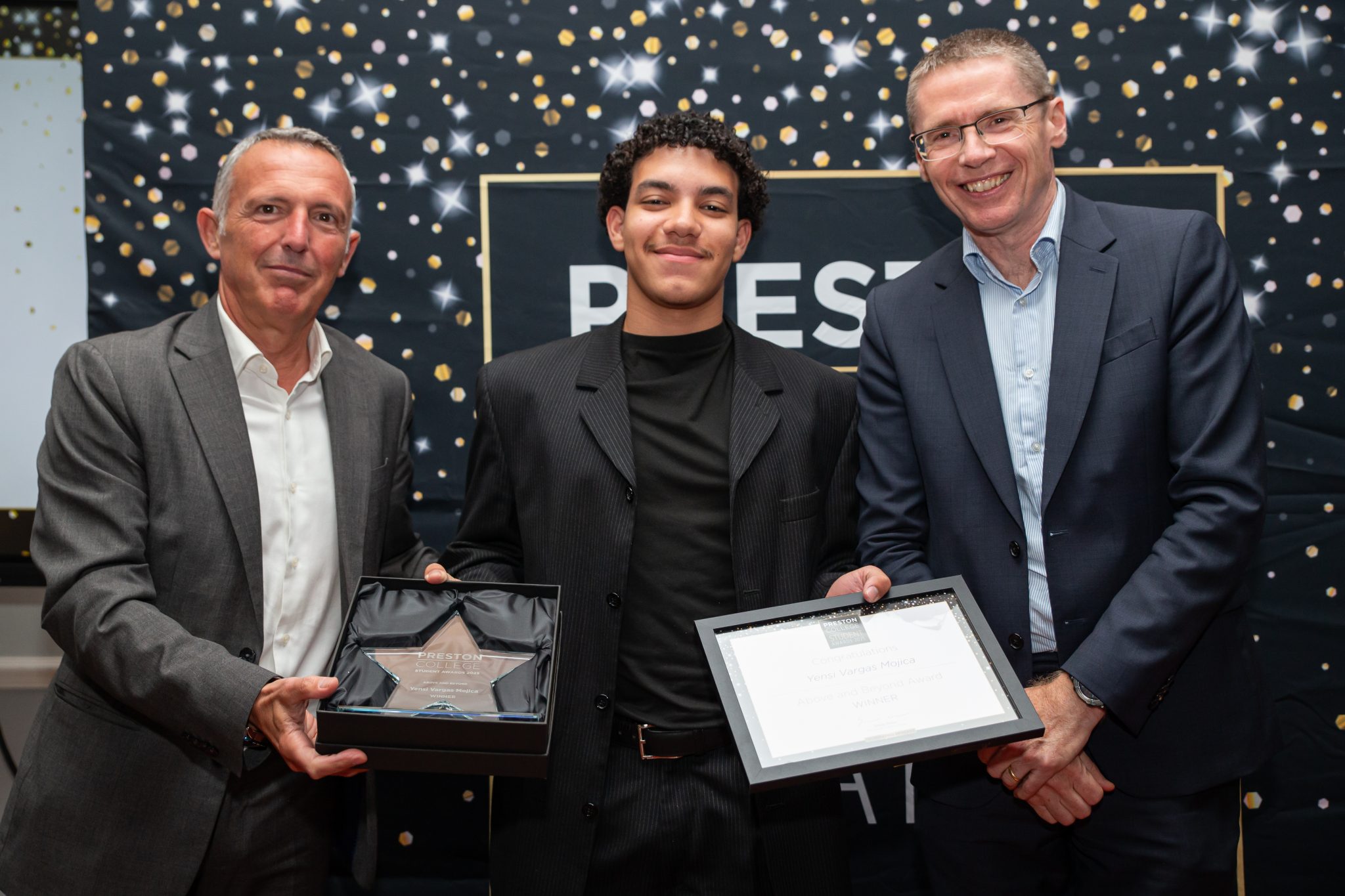Preston College Tutors Celebrate Freewriting Success!
Five Preston College tutors have developed and are currently delivering a successful project, aimed at increasing learner enjoyment of and engagement with story writing, whilst improving GCSE English participation and pass rates.
Aiming to instil a positive mind set, whilst building confidence and resilience, the project, inspired by Peter Elbow’s ‘Writing Without Teachers’, focuses on the concept of freewriting. Freewriting is a pre-writing technique that is used to ‘free the mind’ and help with writer’s block and self-editing.
Using their extensive teaching experience, the team, Eleanor Connors, Lucy Harrison, Tammara Lindsay, Elizabeth Pennington and Steven Dalby, discovered negative thoughts around creative writing often shift the initial focus of teaching staff from teaching and learning to confidence and resilience building, which regularly curtails the already limited time to practice and improve reading and writing. In addition, the creative writing part of the course is often perceived as an ‘unnatural component’, learners typically perceive the concept of writing a story as ‘one step too far.’ Most may, at first, feel reluctant to put pen to paper and those who do, get caught up in self-doubt, self-editing and fear of being judged.
The freewriting project sought to ‘unlock’ the types of feelings associated with a fixed mind set and convert learners to a growth mind set, where they are able to not only think of themselves as writers but also develop positive creative writing habits for their own interest and enjoyment, subsequently meeting criteria associated with the GCSE curriculum.
The team acknowledged that in the classroom, fear behaviour often looks like paralysis, with many learners not confident enough to pick up a pen. To overcome these fears,learners at Preston College were given an A5 notebook with a creative handwritten depiction of the narrative story arc and one of two quotes on the cover: ‘You can make anything by writing’ by C.S. Lewis and ‘Writing is the best way to talk without being interrupted,’ by Jules Renard. Learners also had access to gel pens for their freewriting.
At first, every writing session began with a set prompt, chosen by the teacher. Learners were instructed to write without stopping for 10 minutes. The following parameters were given: No worrying about spelling, punctuation and grammar; no talking, no questions, no editing, just writing until the timer stops. After gathering feedback from the learners, most of these conditions were dismissed and each class was tailored to suit the learners’ needs.
Commenting on the project, Tammara Lindsay, English Tutor at Preston College and Project Lead said:
“As the project evolved, teachers found that writing continuously and in silence did not meet the needs of our learners and seemed to increase resistance, so we opened up to a variety of methods. Some parts were done in silence, some parts with discussion. We collected learner feedback and responded to their concerns about how we were approaching the freewriting. We opened up to questioning and increased the time and frequency of the freewriting. We removed the timer and linked the freewriting to session content, images or let them choose from a list of their own prompts.”
Continuing, she added:
“To date, the project has seen success. Learners now want to write better stories. They want to get the dialogue, spelling, punctuation and grammar right. They are accepting responsibility and feeling accountable for their own stories. In short, the most inspiring outcome I see unfolding is that the majority of my learners want to write good, creative stories, stories full of surprises and tension and palpable description. They now know that they are writers – and they have goals and aspirations too.”
Future plans include Tammara, the Project Lead, presenting to the SET Network in April 2022, to share best practice with other English professionals across the Further Education sector nationally. In addition, the project has opened discussion on how flexible and creative the English curriculum can be, with a longer team goal of increasing the passion young people have for writing.
